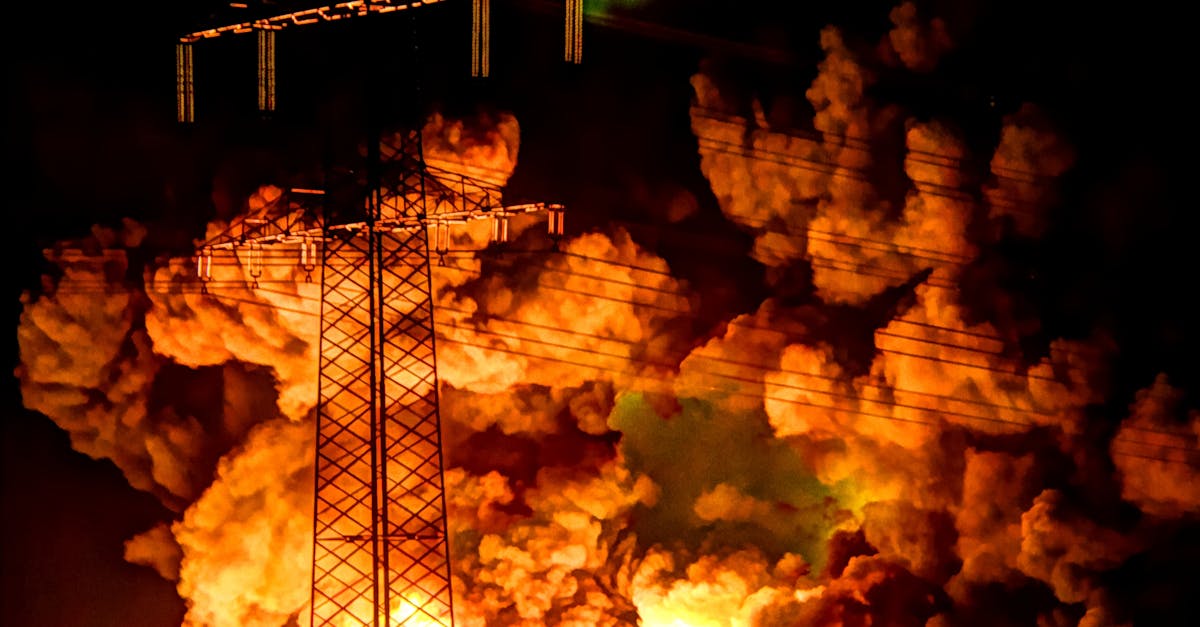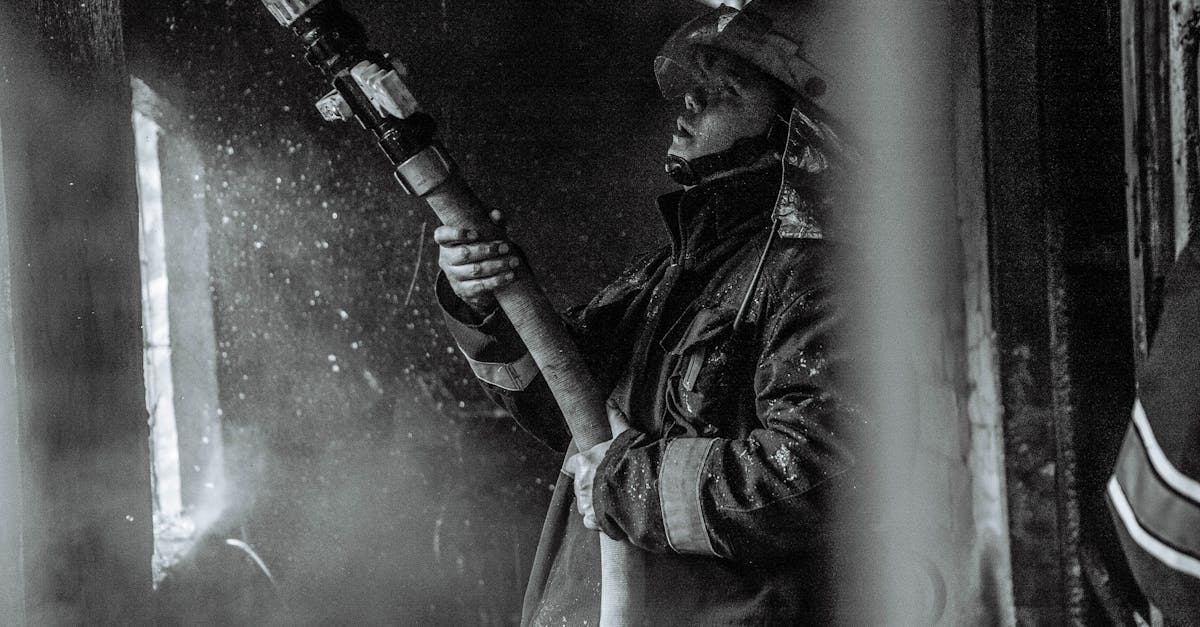
Table Of Contents
Repair vs. Replacement
When faced with a malfunctioning hot water tank, homeowners often struggle with the decision between repair and replacement. If the unit is relatively new and the issues are minor, a repair might suffice. Simple problems such as a faulty thermostat or a leaking valve can often be addressed with an emergency hot water repair service. This approach not only saves money initially but can extend the lifespan of the existing unit.
Conversely, if the hot water tank is older and experiencing recurrent issues, replacement could be more cost-effective in the long run. A new unit typically comes with improved energy efficiency and warranties that cover potential failures. Investing in a replacement may seem daunting, but it can eliminate the risk of unexpected breakdowns and emergency hot water repairs in the future. Evaluating the age, condition, and repair history of the tank can guide homeowners toward the most sensible decision.
Factors to Consider When Choosing
When determining whether to repair or replace a hot water tank, several factors warrant careful consideration. The age of the unit plays a crucial role; older tanks may struggle to maintain efficiency and may be more prone to fail. Assess the frequency and cost of repairs in the past year. If emergency hot water repair has become a recurring issue, it may indicate that a replacement is a more cost-effective approach in the long run.
Another important factor is the size and capacity of the tank. Your household needs can change over time, and a tank that once met your requirements may no longer be sufficient. Consider your current water usage habits as well as potential future needs. Energy efficiency ratings are also vital; newer models often come with improved energy-saving features that could result in lower utility bills.
Preventive Maintenance Tips
Regular maintenance of your hot water tank is crucial in preventing sudden failures. Check the temperature and pressure relief valve once a year to ensure it operates smoothly. This valve helps release excess pressure that can build up inside the tank. Additionally, flushing the tank annually removes sediment buildup that can affect efficiency and longevity.
Another important tip is to inspect the anode rod, which helps prevent corrosion inside the tank. Replace it every few years if it appears significantly corroded. By taking these preventive measures, homeowners can minimize the risk of expensive emergency hot water repair, ensuring that their system runs efficiently and reliably. Regular attention to these aspects can also prolong the lifespan of your water heating system, saving you money in the long run.
Routine Checks to Avoid Emergencies
Regular inspection of your hot water tank can significantly reduce the likelihood of an unexpected breakdown. Start by checking for any visible leaks around the tank and its connections. Signs of corrosion or rust may indicate underlying problems that need immediate attention. Additionally, monitoring the temperature and pressure relief valve is crucial, as it ensures safe operation and prevents excessive pressure buildup.
Flushing the tank periodically helps remove sediment buildup, which can impact efficiency and longevity. This maintenance task can typically be done once a year, depending on your water quality. Establishing this routine can save you from costly emergency hot water repair down the line. Take the time to create a checklist of checks to perform, and consider consulting a professional if you’re uncertain about any issues you find.
Cost Implications of Hot Water Tank Emergencies
Unexpected failures in hot water tanks can lead to significant financial burdens. The costs associated with an emergency situation can vary widely, depending on the extent of the damage and the necessary repairs. In some instances, a simple fix may only require a few parts and minimal labor. However, if the tank has suffered extensive damage or if it needs to be replaced entirely, homeowners may find themselves facing a much higher bill.
Budgeting for emergencies is essential for homeowners who want to avoid being caught off guard. Having a financial plan in place can help mitigate the impact of unexpected expenses such as emergency hot water repair. Setting aside funds specifically for home maintenance can ensure that when emergencies do arise, the financial ramifications are less stressful and more manageable. Investing in regular maintenance can also prevent sudden failures, allowing for better financial planning and reduced risk of costly repairs in the future.
Budgeting for Repairs or Replacement
When budgeting for repairs or replacement of a hot water tank, homeowners should consider both immediate and long-term costs. Emergency hot water repair can lead to unexpected expenses, making it crucial to have a financial cushion set aside. Initial costs for repairs may seem manageable, but if the tank is nearing the end of its lifespan, it might be more economical in the long run to invest in a new unit. Comparing the costs associated with frequent repairs versus a one-time replacement can provide insight into the best course of action.
In addition to direct costs, homeowners should factor in potential disruptions to daily life during the repair or replacement process. A malfunctioning hot water tank can lead to inconveniences such as cold showers and disrupted schedules. It's advisable to seek estimates from multiple contractors to understand the financial implications of both repairing and replacing a hot water tank. This diligence can help in making a well-informed decision that balances budget constraints with the need for reliable hot water service.
FAQS
What should I do if my hot water tank starts leaking?
If your hot water tank starts leaking, it's important to turn off the water supply immediately and drain the tank to prevent further damage. Contact a professional plumber to assess the situation and determine whether repair or replacement is necessary.
How can I tell if my hot water tank needs to be replaced?
Signs that your hot water tank may need to be replaced include rust or corrosion on the tank, inconsistent water temperature, loud noises coming from the tank, or visible leaks. If you're experiencing any of these issues, it's best to consult a professional.
Is it safe to use hot water if my tank is showing signs of damage?
It's advisable to stop using hot water if your tank is showing signs of damage, such as leaks or strange noises. Continuing to use a compromised tank can lead to more serious issues and potential hazards.
How often should I perform maintenance on my hot water tank?
Routine maintenance on your hot water tank should be performed at least once a year. This includes flushing the tank, checking the anode rod, and inspecting for leaks or corrosion to ensure optimal performance and longevity.
What are the typical costs associated with hot water tank emergencies?
The costs can vary widely depending on the extent of the damage and whether repair or replacement is needed. Repairs can range from $150 to $500, while replacement costs typically start at around $800 and can exceed $2,000, including installation. Always budget for unexpected expenses in case of an emergency.





























